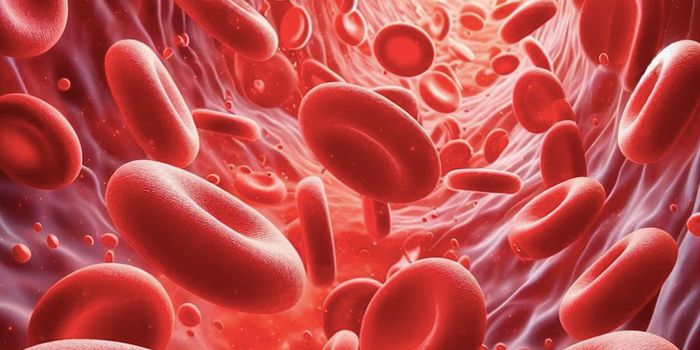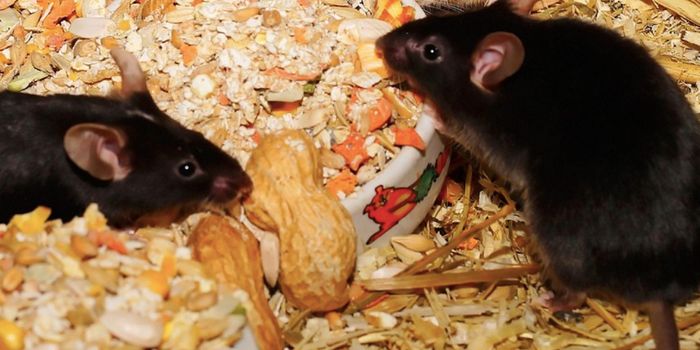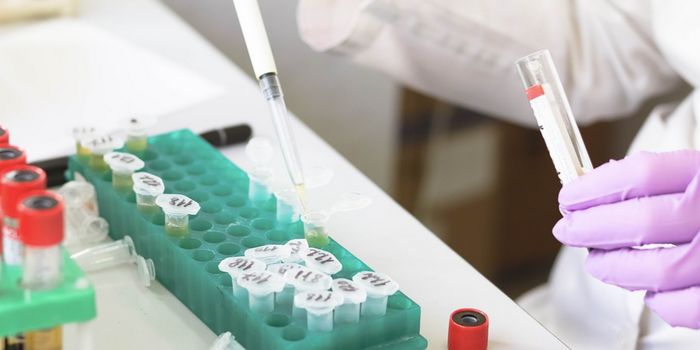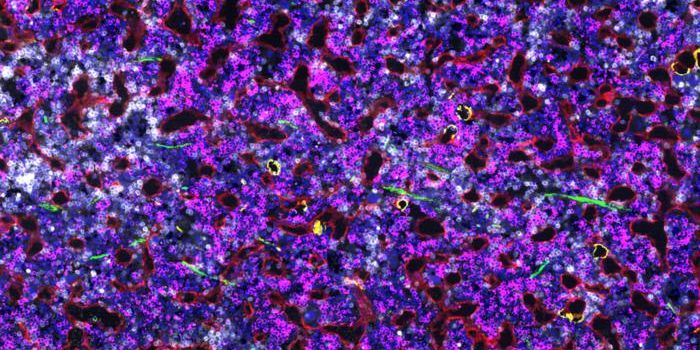The Israeli start-up NRGene and researchers from Tel Aviv University (TAU) have announced that they have deciphered the first-ever complete wheat genome, wild Emmer wheat. Mapping the genome could accelerate the creation of hardier wheat varieties with greater nutritional value, better disease resistance and better chance of reproducing in varied climate conditions, according to a press release from
NRGene.

According to Dr. Gil Ronen, CEO of NRGene,“Mapping the Emmer genome in Israel brings everything full circle. Aaron Aaronson identified the variety in Rosh Pina in 1906 and proved that Emmer wheat was the basis for the development of cultivated wheat.”
As explained by the website,
Wheat Genome, sponsored by the University of Queensland (Australia), wheat is probably the most important crop in the world, but it has one of the most challenging genomes to decipher. Bread wheat is called a hexaploid, with three complete genomes termed A, B and D in the nucleus of each cell. Each of these genomes is almost twice that of the human genome and consists of approximately 5,500 million letters. Several groups around the world are working towards sequencing the wheat genome.
The genetic sequence of wheat is four times larger than the human genome. “Mapping the first maize genome cost $25 million and took 5 years with other technologies; the wheat genome is five times the size and took NRGene one month and less than $500,000,” the press release says.
NRGene’s DeNovoMAGIC™, a big data software tool based on proprietary algorithms, quickly and accurately constructed the Emmer wheat genome based on genetic data from TAU’s Institute for Cereal Crop Improvement (ICCI) and the department of Molecular Biology and Ecology of Plants. The researchers anticipate that the tool can bring the research to the next level, determining the most beneficial genetic components to further accelerate breeding.
Located in Ness Ziona, Israel, NRGene is a genomic big data company developing cutting-edge software and algorithms to reveal the complexity and diversity of plants and animals for advanced computational breeding. NRGene tools have already been used by leading seed companies, academics and NGOs. Researchers participating in the program represent leading universities in Israel and across the globe, including Tel Aviv University, Hebrew University, Weizmann Institute of Science, University of Haifa, Ben Gurion University, and the Volcani Institute for Agricultural Research in Israel; United States Department of Agriculture; University of California, Davis; University of Illinois; University of Minnesota; University of New Hampshire; Sabanci University in Turkey; and IPK and MIPS research institutes in Germany.
Assaf Distelfeld, PhD, of TAU, a wheat geneticist and the primary researcher on the project, concludes, “Identifying key genes will significantly assist the development and supply chain for wheat in many, positive ways and will be a crucial tool in combating world hunger.”









